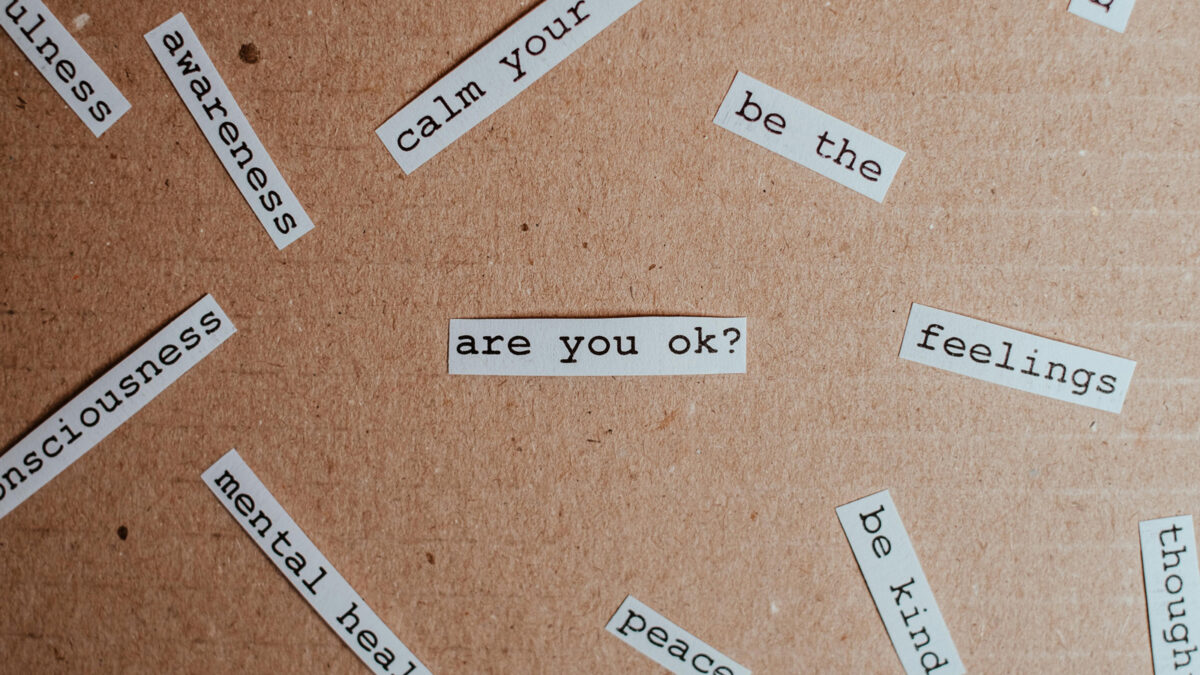
Mapping Fluid Intelligence: How Right Frontal Brain Lesions Impact Problem-Solving Abilities
June 24, 2024
How IQ Changes with Age: Understanding the Lifelong Journey of Intelligence
August 29, 2024The Crucial Link Between Mental Health and IQ Testing: A Comprehensive Overview
Understanding the intricate connection between mental health and cognitive performance is crucial for a holistic approach to IQ testing. Research consistently shows that mental well-being significantly influences cognitive abilities, impacting both test outcomes and overall intellectual functioning. From the effects of stress and anxiety on test performance to the long-term impacts of mental health conditions on cognitive development, it is clear that mental health cannot be separated from assessments of intelligence. This prologue sets the stage for a deeper exploration of how integrating mental health considerations into IQ testing not only leads to more accurate assessments but also promotes a more comprehensive understanding of cognitive potential. The following text delves into research-backed statistics that highlight the profound impact of mental health on IQ testing and underscores the benefits of a unified approach to both mental wellness and cognitive evaluation.
IQ and Mental Health Correlation: A meta-analysis published in Psychological Medicine found that individuals with higher IQs are 30% more likely to experience certain mental health disorders, such as anxiety and depression. This paradox highlights the need for mental health support even for those with high cognitive abilities.
Adverse Childhood Experiences (ACEs) and IQ: A study published in the American Journal of Public Health found that children with four or more adverse childhood experiences (ACEs) scored, on average, 9.8 points lower on IQ tests than those with no ACEs. This demonstrates the profound impact of early-life mental health and trauma on cognitive development.
Impact of Severe Mental Illness on IQ: Research from The Lancet Psychiatry indicates that individuals with severe mental illnesses, such as schizophrenia, may experience a 10-15 point reduction in IQ compared to the general population. This decline can be attributed to both the illness itself and the effects of long-term medication.
Cognitive Behavioral Therapy (CBT) and IQ Improvement: A study in the Journal of Cognitive Enhancement found that participants who underwent cognitive behavioral therapy (CBT) showed an average IQ increase of 5-7 points. This suggests that mental health interventions can positively influence cognitive performance.
Workplace Productivity and Mental Health: According to a report by the World Health Organization (WHO), untreated mental health conditions lead to a 35% reduction in work productivity, which can be indirectly linked to diminished cognitive functioning, including decision-making and problem-solving abilities often measured by IQ tests.
IQ Testing Under Stress Conditions: A study from the Journal of Experimental Psychology found that test-takers under stress performed 15-20% worse on IQ tests compared to those in a relaxed state. This highlights how stress and anxiety can significantly impair cognitive performance during testing.
Impact of Sleep on IQ: Research published in the Journal of Clinical Sleep Medicine found that individuals who regularly get less than 6 hours of sleep per night score an average of 7-10 points lower on IQ tests than those who get 8 hours. This demonstrates the critical role of mental and physical well-being, including sleep, in cognitive performance.
These numbers provide further evidence of the intricate relationship between mental health and cognitive performance, underscoring the importance of integrating mental wellness into IQ testing and assessments.






